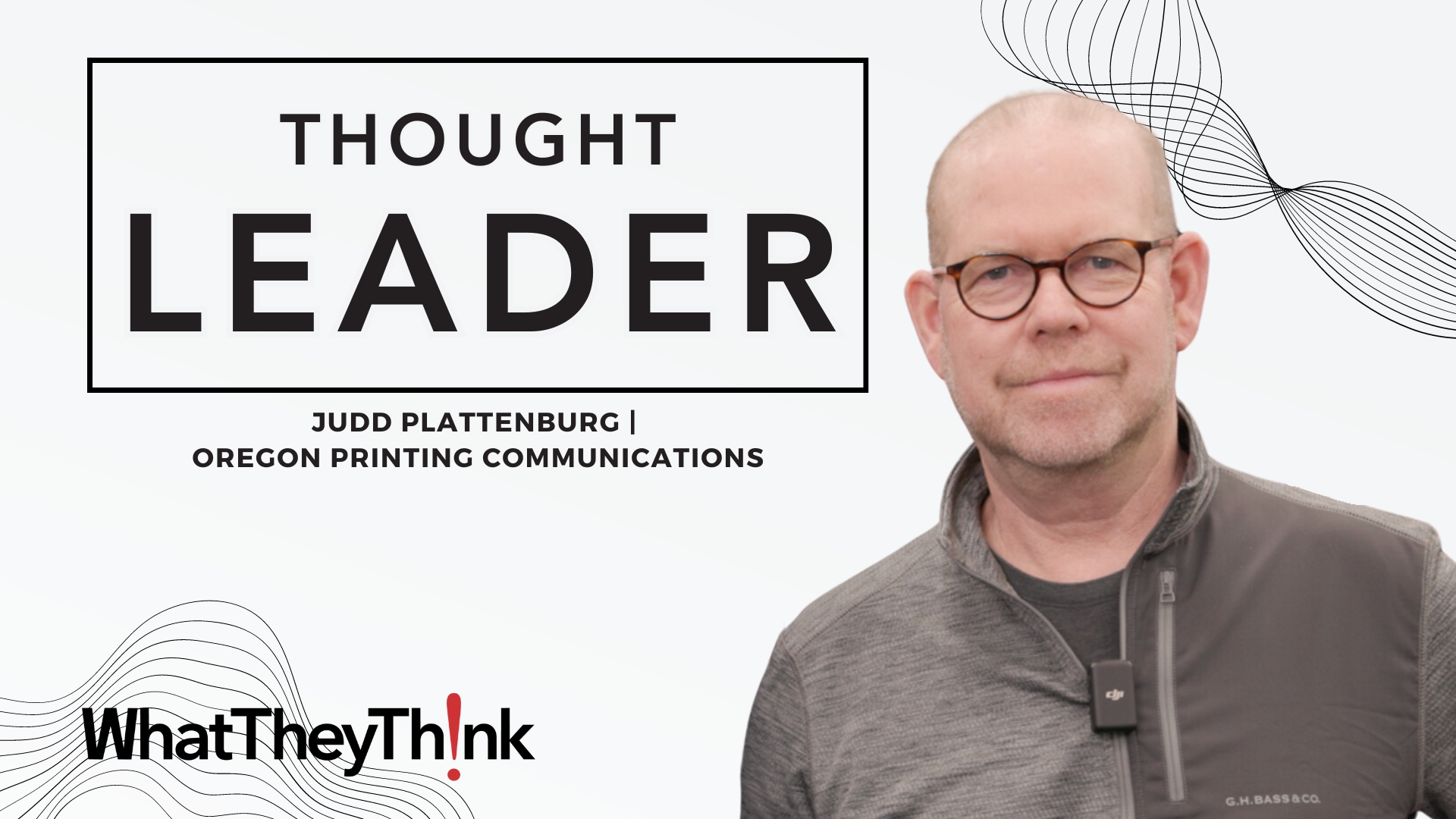October 29, 2004 - Economic Round-Up - Interesting Things Cluttering Dr. Joe’s Inbox - Road Warrior - Upcoming Dr. Joe Sightings Economic Round-Up Much was made of the Conference Board’s leading indicators report, which fell 0.1% in September. Yes, a whole tenth of a percentage point. The sky is falling. Flee! Flee! The last few reports show an economy moving sideways, but still growing, and growing faster than average—and not getting out of hand (although a real economic boom would be a pleasant problem). On the Web The Conference Board's Consumer Confidence Index declined yet again from its July peak, and the Index now stands at 92.8. The Conference Board claims that an index below 100 is bad for incumbents running for election, but as we discussed at the last webinar, their claim looks a bit statistically dubious in light of the fact that high scores in this Index still resulted in close elections, and values at 100 were times of landslides. Oil prices are a heavy weight on confidence, as is the sideways movement of the economy, even though that movement is positive. Confidence, one of those “feelings” measures, does not have a good track record for forecasting much, but is one of those things that, as managers, we tuck away as one input among many we use to make judgments. For a fuller perspective, see my comments on the Heritage Foundation report, below. On the Web Speaking of GDP, I enjoyed the coverage of China’s GDP growth, in which their government was so pleased that it was kept under 10%. We should be suspicious of any of China’s economic data, as it is an emerging economy. Its data reporting capabilities are new and untested from a statistical management perspective. I get a sense from the press reports that China is being pressured by other countries to slow its growth because its hunger for commodities (like oil) is causing prices to go up, causing pain and nuisance in other countries. What happens when prices go up? The incentive to produce more increases, and prices subside when supply increases. Maybe someone forgot that having more goods available ultimately drives prices down. On the Web This is why I chuckled when I read in the U.S. inflation report that “a surge in hotel rates and used car prices were factors in the higher-than-expected core CPI reading.” Let me understand. After 9/11, there was a collapse in the travel industry, which was met with great hand-wringing and lament. It’s taken a while for consumers and businesses to start loosening purse strings for travel. (In fact, I remember the summer of 2001 when consumer travel had slowed so much that hotel deals in some posh resorts were common, well before 9/11). So this inflation threat sounded like good news to me. Hotel prices wouldn’t be going up unless the demand for travel—supposedly constrained by the high costs of petroleum-based fuels—was actually increasing. And as for used car prices, could it be that those high prices for gas are causing an increase in demand for non-SUV vehicles as second “commuting” cars? Some people just can’t find good news, even when it’s right in front of them. On the Web The Heritage Foundation has issued a well-documented, historical report on the state of the economy. It goes through some explanation of various economic perceptions and problems with government data. "Everyone" assumes what the data mean when they hear them reported, but few take the time to really know what is and what is not counted (except, of course WTT readers, every Friday). The difference between the payroll and household employment surveys is a good example. From the news reports, would anyone know that: today's unemployment rate is lower than the averages for the 1970s? The ‘80s? The ‘90s? real average hourly earnings are higher than during the dot-com boom? GDP has expanded for 11 quarters straight? we run a nearly a $60 billion surplus in trade of services? (and I suspect even that is undercounted) we "in-source" more than 5 million jobs from overseas companies, and that those jobs pay is almost 20% more than domestically-created jobs? Without appropriate context for data, it can’t be transformed into information. When data do not become information, managers tend to flail around fixing the wrong things, and not addressing the right priorities. Do you have the right information for your business? Do you get information that measures “feelings” like the consumer confidence index, or does the information you get report real events in an unbiased way? On the Web I recently was forwarded an article that listed layoffs in the publishing industry since 2000. It was depressing, especially for those who track those data, although I suspect some people like to wallow in this stuff. This is yet another example of a lack of economic perspective. If all you read is the newspaper’s obituary section, you’ll be convinced that the population around you is decreasing rather significantly. Few people compare the obituary section to the births section. In the obituary section, all you see are names, and I doubt that all births are reported that way—many newspapers don’t even publish birth reports. In much the same way, new businesses are not tracked by the news because they are small. Old businesses are tracked because they are usually bigger—not necessarily healthier. If you look at the payroll employment for the publishing and broadcast sectors you see that… In September 2003, publishing had 919,300 employees In September 2004, it was 914,400, down 4,900 or -0.5%. For that same period, Internet publishing & broadcast went from 30,100 to 34,300, up 4,200 or +14%. Broadcast, part of the careers of many publishing people, went from 327,600 to 338,400, up 10,800 or +3.3%. When economies change, people leave traditional jobs and get new ones in sectors that are growing. It may be in the same industry, or it may be in a different industry. That's what free movement of labor and capital is supposed to do. Business layoff reports are more like tombstones, and not like birth certificates. Remember Charles de Gaulle’s quote: “the graveyards are full of indispensable men.” Keep it in perspective. On the Web: The article that set me off The publishing payroll data that put it in perspective Back to top -------------------------------------------------------------------------------- Interesting Things Cluttering Dr. Joe’s Inbox Advertising Age had an article that was worthy of note, explaining how marketers are adapting to a marketplace where the consumer is more in control. “This consumer empowerment is at the heart of everything. End users are now in control of how, whether and where they consume information and entertainment. Whatever they don't want to interact with is gone. That upends the intrusive model the advertising business has been sustained by for decades.” Uh-oh. Print has been a primary part of the “intrusive model” in the form of “direct mail.” The underlying message is that the promotional mix is changing, and it’s yet another sign of much-needed integrated marketing strategies. On the Web Wired Magazine had an interesting article discussing how the ability to find things, especially retail items, is changing the rules about how we judge sales, inventory, what’s profitable and what’s not. On the Web Was anyone besides me struck by the announcement by Adobe and Yahoo that they plan to add Internet search to Adobe Acrobat Reader? The deal between the companies seemed aimed at getting people to begin using Reader as their browser program. It also means that more viewed Web pages will potentially be saved as PDFs and not printed out. The current process of saving Web pages can be messy, leaving lots of files with meaningless names cluttering various folders. There's been no standard and convenient way to save Web pages themselves, and this move hammers another nail into desktop printing's coffin. On the Web While Adobe is getting into the browser business through a side door, Google announced it has no intention of participating in any browser wars. On the Web Back to top -------------------------------------------------------------------------------- Road Warrior A new version of my favorite Avant Browser is out. This free browser’s ability to block pop-ups and other “intrusive” and nefarious new media instruments of annoyance is welcome. The general Web site is www.avantbrowser.com. This new version 10 was just released two weeks ago and has already been updated to fix a few small problems. I’ve been using the beta for a few weeks, and the gradual improvements have made this product a pleasure to use, especially after you customize the settings to your liking. It runs on top of Internet Explorer, but you’ll never use IE again. Back to top -------------------------------------------------------------------------------- Upcoming Dr. Joe Sightings Dr. Joe will be speaking at the Print Workflow Summit, sponsored by WhatTheyThink and Electronic Publishing Magazine. Two venues are currently planned: November 8 th in the Boston area, and November 10 th in Teaneck NJ. For more information and to register visit www.printsummit.com. Presstek is hosting an educational seminar series featuring Dr. Joe, as well as Vince Naselli and Tom Crouser. The seminar will inform you of the newest market trends, equipment and economics in the business of printing. To register for the seminars, visit www.presstek.com/seminars.
Commentary & Analysis
FREE: Economic Roundup, Dr. Joe's Inbox, Road Warrior, and Sightings
October 29,
About Dr. Joe Webb
Dr. Joe Webb is one of the graphic arts industry's best-known consultants, forecasters, and commentators. He is the director of WhatTheyThink's Economics and Research Center.
Video Center
- June 2024 Inkjet Installation Roundup
- Inkjet for corrugated and more: HP launches the T700i
- Printheads and inkjet integration programs from Xaar
- 2024 Inkjet Integrator Profiles: C-marx
- Finding the coolest of the cool at drupa
- Inkjet printheads and the evolution of print quality
- Koenig & Bauer developing inkjet for metal
- Carbon Black and Inkjet – Part 3: Options

WhatTheyThink is the official show daily media partner of drupa 2024. drupa Event Coverage | drupa daily programs
© 2024 WhatTheyThink. All Rights Reserved.













